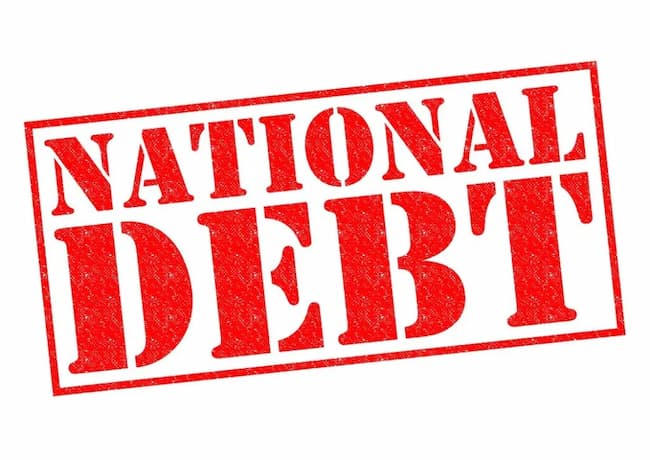Nigeria’s domestic debt service increased to N5.24trillion in 30 months, according to statistics on the Debt Management Office (DMO) website, with increasing domestic debt currently standing at N20.95trillion as of June 2022.
According to the most recent DMO data, domestic debt service in the first quarter of 2022 was N664.73 billion, a 0.6% decrease from N668.69 billion in the second quarter of 2022.
This means that the federal government paid the domestic debt for N1.33 trillion in the first half of 2022, a 43 per cent increase over the N935.46 billion recorded in the first half of 2021. The government domestic debt service was N2.05 trillion in 2021, a 10.8 percent rise from N1.85 trillion in 2020, according to the breakdown.
Following a significant budget deficit, the federal government has recently borrowed aggressively to promote infrastructure development across the country through Treasury Bills, Bonds, Savings Bonds, and Sukuk.
Experts have expressed alarm about the federal government’s continued acquisition of fresh loans from both domestic and international sources, despite rising debt levels and servicing costs.The International Monetary Fund (IMF) estimated that Nigeria’s debt service-to-revenue ratio will increase to 92% in 2022, up from 76% in 2021.
The CEO, of Wyoming Capital & Partners, Mr Tajudeen Olayinka stated that the debt servicing by the federal government over the years has encouraged investors to provide additional support to the government concerning further investment in government securities.
According to him, “It presents government in good light, with the opportunity to fund developmental projects across the country.
“The negative aspect of debt servicing in Nigeria is the sustainability problem that has now greeted the current administration of President Muhammadu Buhari, whereby, more than 100per cent of revenue is now being expended on debt servicing, giving room for possible default and failure of government in no distant future, especially concerning foreign debt component.
“The fact that government spends its entire revenue to service debts, despite introducing new taxes and raising rates in some others, is an indication that economic agents are not generating enough outputs, sufficient to put Nigeria’s economy in the positive territory. It is a sign of declining output. It is simply a failure of fiscal policy.”
He hinted that the only way to cut the debt service figure down is for government to shift away from its current public sector dominance, and allow private sector businesses to occupy the driver’s seat, to consistently put the economy in the positive territory.
“Government should begin to consider removing subsidies in phases, in a manner that will not add more to the hardship on the ground. It also presents an opportunity to allow the economy to run a normal course of adjustment,” he added.













